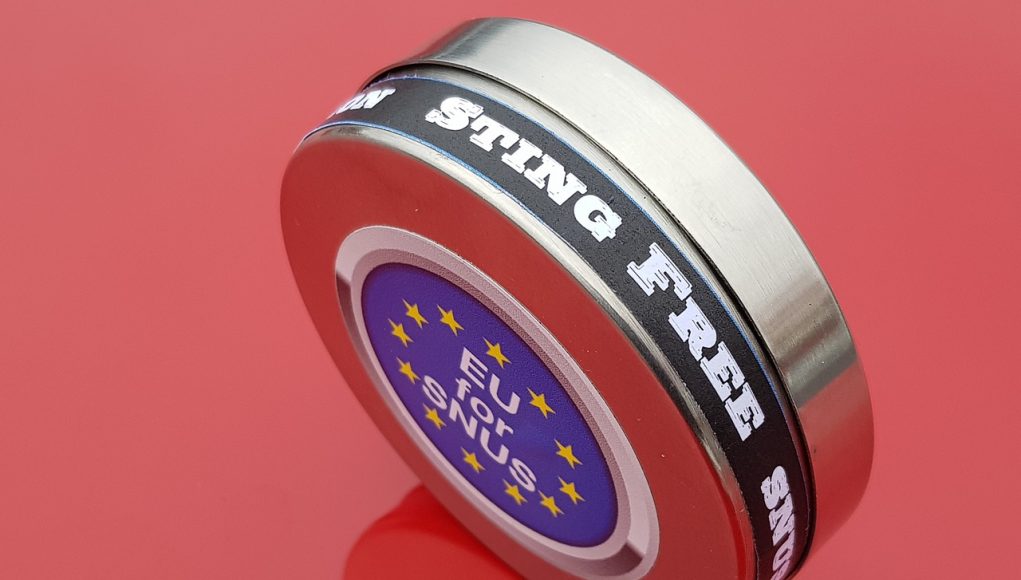Then, a couple of years into his first term representing the canton of St. Gallen as a member of the conservative Swiss People’s Party (SVP), a friend encouraged him to try Swedish snus. “I tried one, and then I tried another one and another one. And the next time I tried to smoke a cigarette I discovered I didn’t like it anymore,” revealed Reimann.
At that point he threw away his cigarettes and never looked back, and of course as one would, he started recommending the product to smoking friends who had trouble quitting. “I felt stronger and more fit. I had more endurance,” says Reimann, when asked what prompted him to stick to snus, which he calls the ‘perfect alternative’ to cigarettes.
The MP explains that contrary to medical approaches to smoking cessation, snus offers smokers a range of choices that allow for some control. “You want to choose different brands and flavours, so snus is a perfect alternative,” Reimann explains. “With snus, you still get to be the consumer who decides. But you’re not smoking anymore, which is of course much better.”
Another benefit of snus, he adds, is that unlike cigarettes or even vapes, the product does not emit any fumes that may bother others. “Cigarettes always disturb those around you due to the passive smoke. But when you use snus, you only affect yourself.”
With all this in mind, and witnessing many other people successfully switching to the safer alternative, Reimann decided to take a closer at local tobacco regulations, and embark on a journey to have the product legalized and regulated.
Snus’ regulatory journey in Switzerland
At the time, snus was technically banned in Switzerland, with only small amounts allowed to be imported for personal use. Reimann started a petition, succeeding to get signatures from 156 of 200 MPs representing every party in parliament to support his proposition to update the language of Swiss tobacco legislation and pave the way for snus to be legalised.
In 2016, the National Council’s Health Commission approved his parliamentary initiative to lift the ban on snus with a unanimous 27-0 vote. “Many MPs realized there was no good argument for the regulations we had at the time,” he recalls.
Fast forward five years and a number of legal actions later, and in 2021 the Swiss parliament finally adopted a bill with specific regulations for snus and other oral nicotine products. These new rules are set to come into force in 2023.
The EU snus ban
Meanwhile, the EU remains staunchly against having the product legalized. To this effect last January, Swedish MEP Sara Skyttedal formally submitted parliamentary questions concerning snus to the European Commissioner (EC) for Health and Food Safety, Stella Kyriakides. The questions came ahead of the February release of the EU’s Beating Cancer Plan, which many experts have argued is leaving out very crucial harm reduction strategies, such as the incorporation of safer tobacco alternatives.
“The fact that the Commission nevertheless persists in the view that snus causes cancer is both surprising and, to be honest, quite remarkable,” said Skyttedal as quoted by Snusforumet, at the time. Snus is a moist powder tobacco product that is placed under the upper lip for extended periods. It is mostly popular in Sweden, Denmark and Norway, but it is only legal in Sweden where it is considered an effective harm reduction product.








